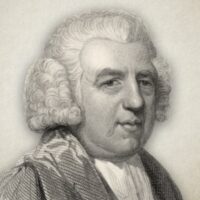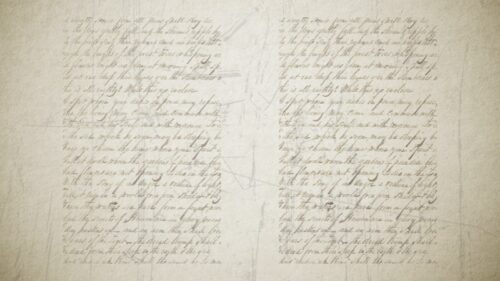Could The Creatures Help Or Ease Us
Some of the points covered in this sermon:
• This hymn speaks about the indispensable duty and exceptional privilege of God’s people to petition the Lord in time of need
• Explaining where the doctrine of petition fits within the framework of sovereign grace
• The first stanza emphasizes the necessity of God’s people to petition the Lord—the believer is rebuked for self-sufficiency, designed to produce conviction (a wounding of the heart)
• The first four lines of the first stanza speak about the inadequacy of helpers other than God; the last four lines speak about the folly of forgetting God
• The second stanza is an encouragement for God’s people to petition the Lord—the believer is put in remembrance of God’s all-sufficiency, designed to nurture comfort (a healing of the heart)
• The first four lines of the second stanza speak about the ability and willingness of the Lord to help His people; the last four lines speak about the believer’s assurance and confidence that the Lord will help him/her
John Newton (1725-1807) was an English Anglican preacher, hymn writer and humanitarian. Prior to faith in Christ, he served as the captain of slave ships and made a living in the slave trade. After his conversion to Christ, he renounced slavery and became one of the leading abolitionists in England. He was ordained a cleric in the Church of England serving as parish priest at Olney, Buckinghamshire, for twenty years. Among Evangelical circles, he is best known for his hymns, among which are “Glorious Things Of Thee Are Spoken” and “Amazing Grace”.
John Newton Hymn Studies





